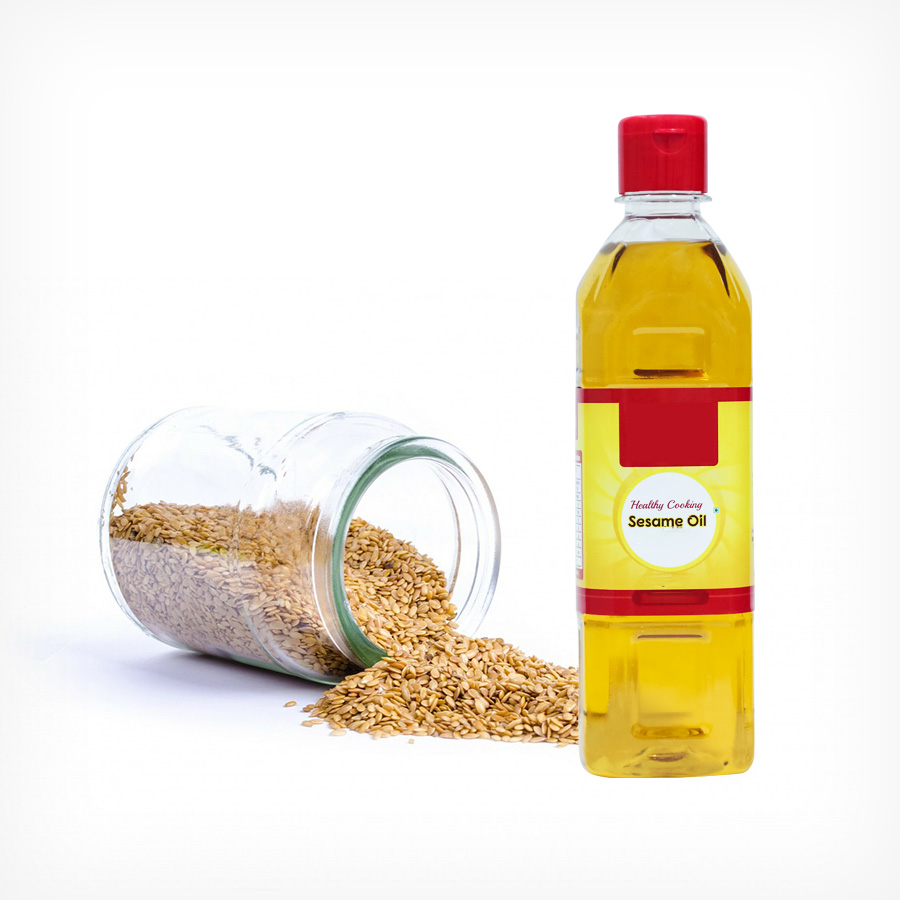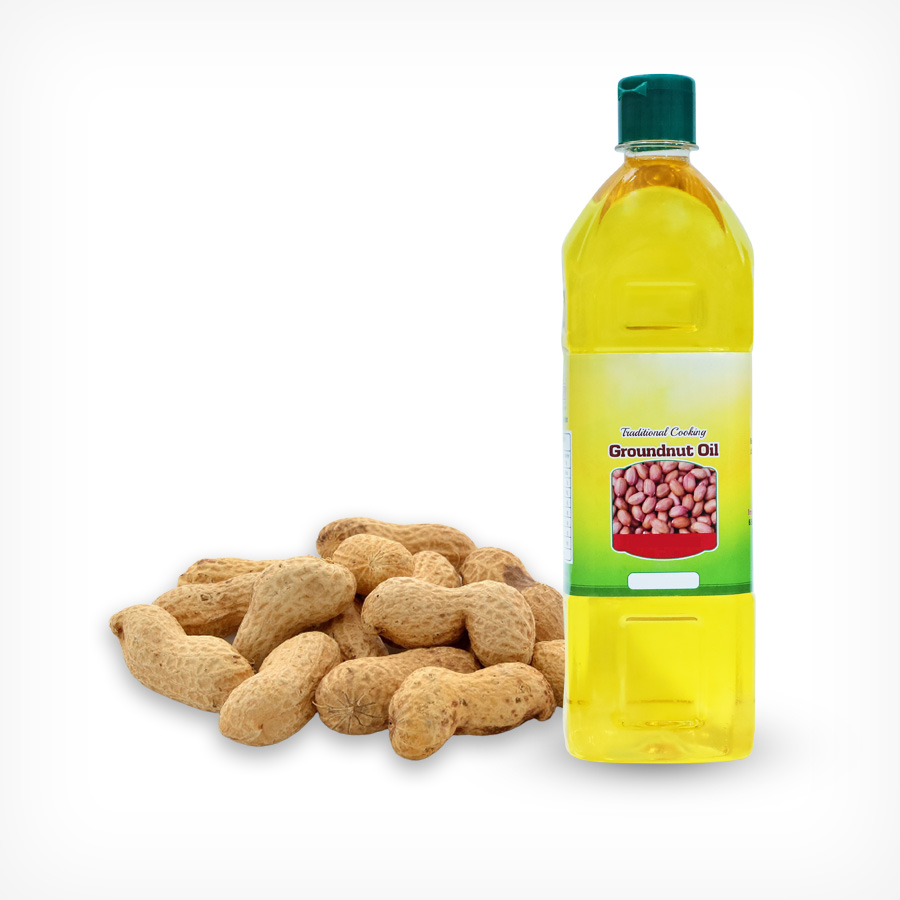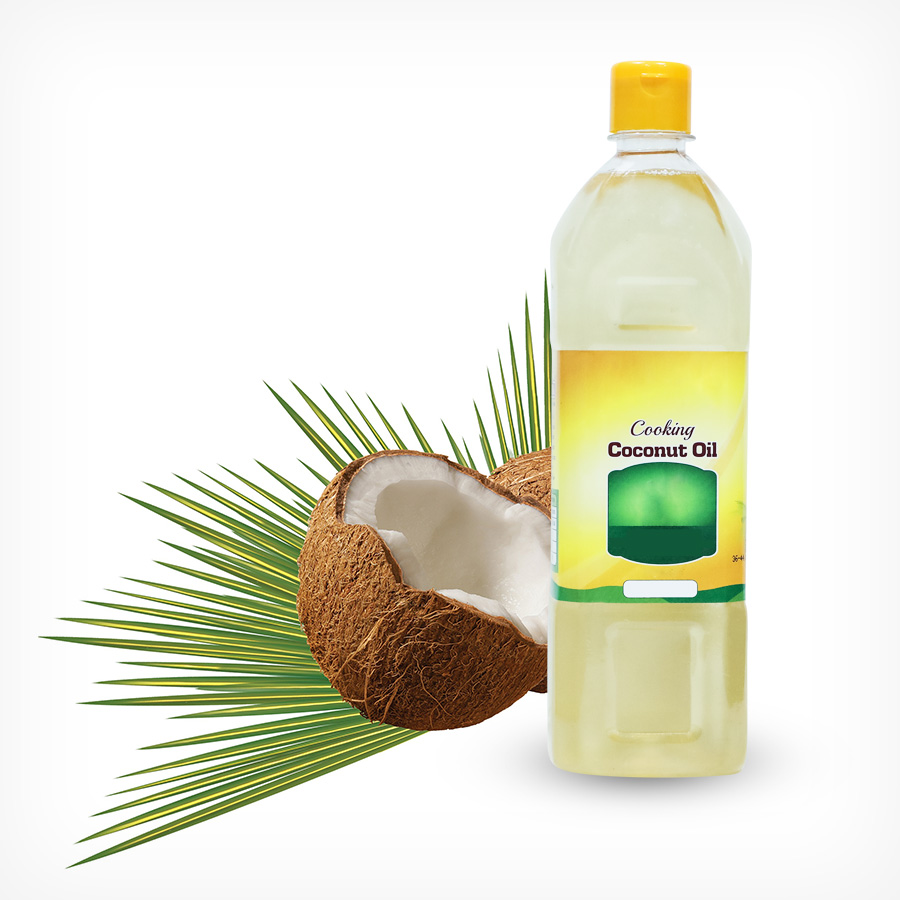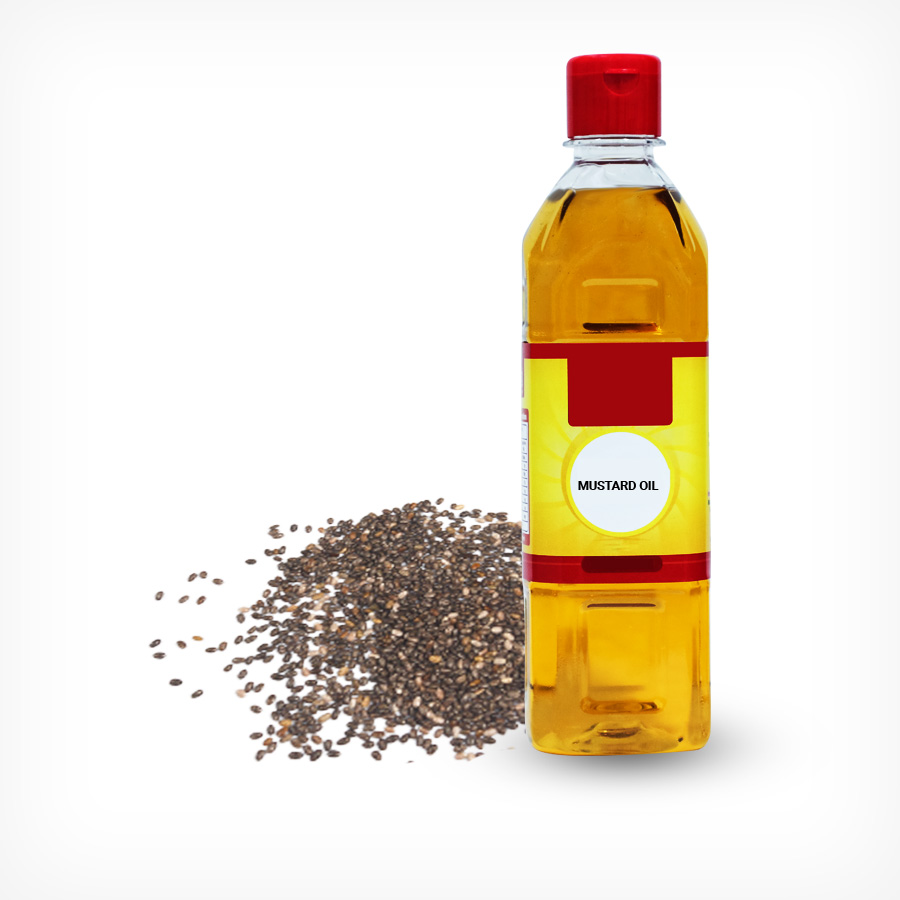Edible or cooking oil is a plant fat that is liquid at room temperature and can be used in cooking. When used to describe a cooking oil, the term “vegetable oil” refers to a mixture of oils, usually based on palm, corn, soybean, or sunflower oils.
Triacylglycerides, which are made up of various fatty acids, make up around 96 percent of edible oils. Free fatty acids, phospholipids, phytosterols, tocopherols, various antioxidants, and waxes are among the additional chemicals or sets of compounds identified.

SESAME OIL
Sesame oil is a vegetable oil made from sesame seeds that can be eaten. It is used as a flavour enhancer in various cuisines, in addition to being used as a cooking oil. It has a unique nutty scent and flavour. The oil is one of the first crop-based oils to be discovered. The inefficient laborious harvesting procedure required to extract the oil limits global mass contemporary production.

PEANUT / GROUNDNUT OIL
Peanut oil is a vegetable oil obtained from peanuts, often known as groundnut oil or arachis oil. The oil is often light or neutral in flavour, but has a stronger peanut flavour and aroma when produced using roasted peanuts. It’s commonly used in American, Chinese, Indian, African, and Southeast Asian cuisines, both for normal cooking and, in the case of roasted oil, for taste enhancement.

COCONUT OIL
Coconut oil (sometimes known as coconut butter) is a type of edible oil made from the milk of the coconut palm fruit. Coconut oil is a white solid fat that melts at ambient temperatures of roughly 25 °C (78 °F); in hotter regions, it is a transparent thin liquid oil throughout the summer months. The perfume of unrefined varieties is strongly reminiscent of coconut. It is used as a culinary oil as well as in the manufacturing of cosmetics and detergents. Numerous health agencies advise restricting its usage as a food due to its high levels of saturated fat.

MUSTARD OIL
Mustard oil can refer to either a pressed cooking oil or a pungent essential oil known as volatile oil of mustard. The essential oil is obtained by grinding mustard seeds, mixing them with water, and distilling the resulting volatile oil. It can also be made by drying the seed and distilling it. Some cultures utilise pressed mustard oil as a cooking oil, but due to high quantities of erucic acid, its sale is forbidden in some nations. There are also mustard seed varieties that are low in erucic acid.
Packaging
Our Packaging Unit can handle 200ml, 500ml, 1L, 2L, 5L and 200L Barrel packaging sizes. We use PET, HDPE and glass bottles to package our products. We also pack and label our products according to the specifications of our buyer’s requirement.
